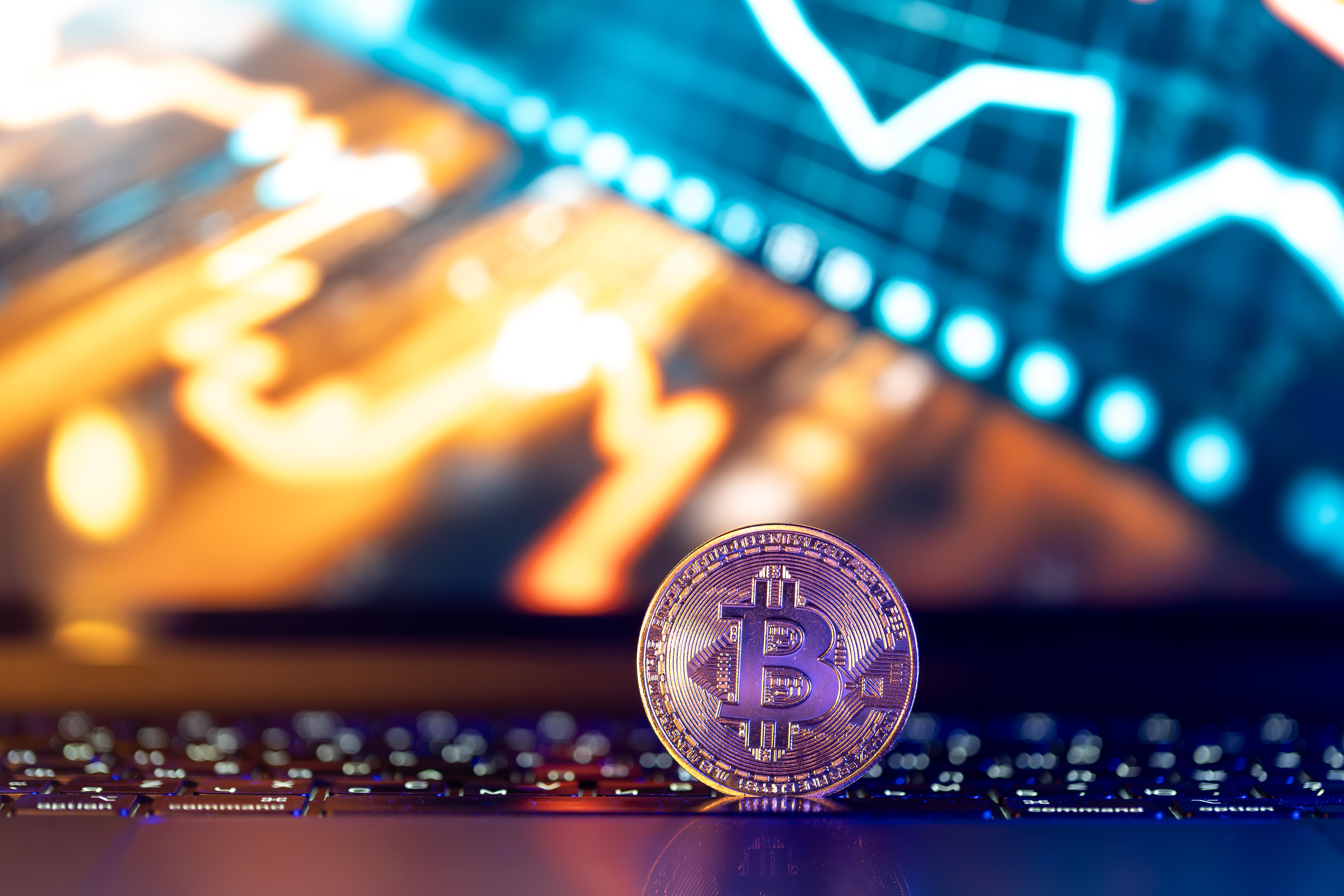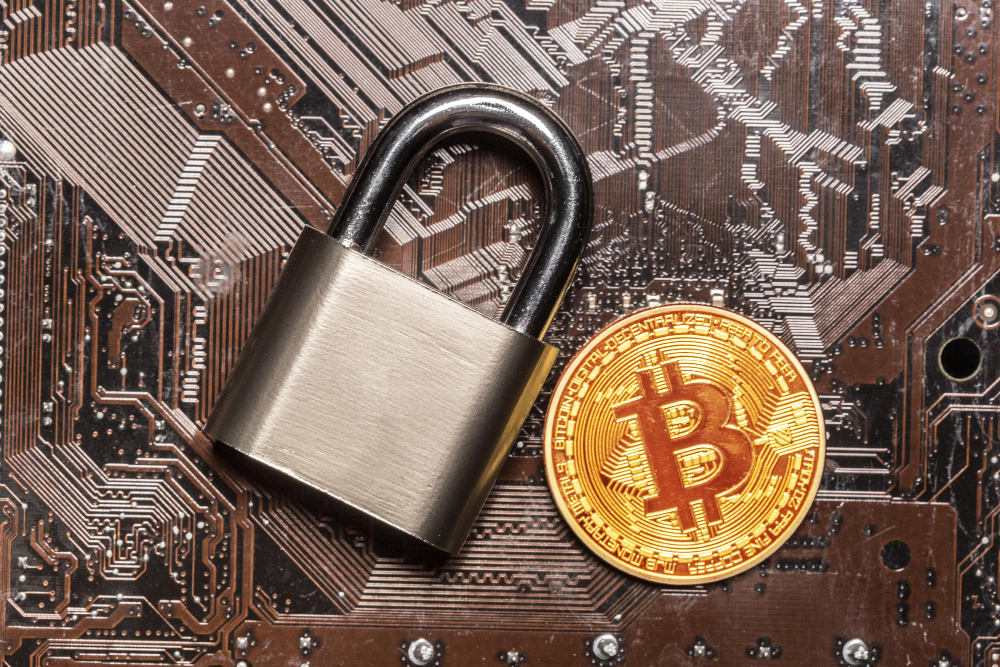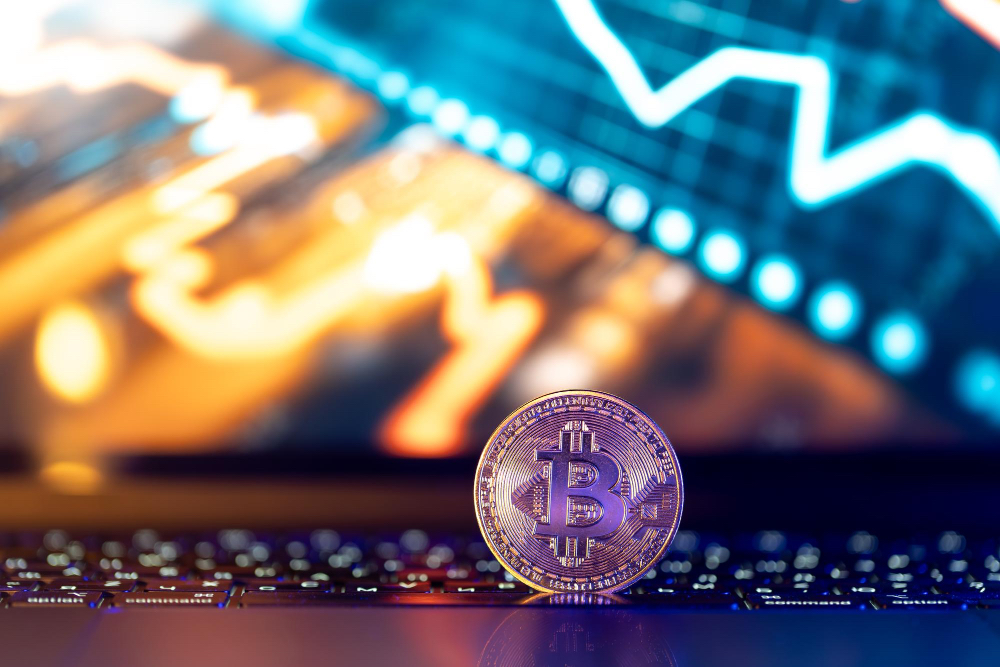A Russian lawmaker has proposed recognising crypto as marital property to clarify asset ownership in divorce cases. The bill, introduced by Igor Antropenko of the United Russia party, seeks to amend Articles 34 and 36 of the Family Code to classify crypto acquired during marriage as joint property.
Digital assets obtained before marriage or through gifts would remain individually owned.
The proposal aims to address what Antropenko described as ‘risks to property rights’ arising from the current legal ambiguity surrounding digital currencies. It has been sent to Prime Minister Mikhail Mishustin and Central Bank Chairwoman Elvira Nabiullina for review.
The explanatory note highlights the constitutional obligation to protect property rights and cites the growing use of crypto among Russian citizens for investment and savings.
Russia’s move mirrors South Korea’s approach, where courts already recognise cryptocurrencies as divisible marital assets. Under Article 839-2 of Korea’s Civil Act, spouses can request investigations into hidden crypto holdings and either liquidate or divide tokens directly.
Blockchain transparency has made digital asset tracking easier than tracing cash, closing loopholes in asset concealment during divorce.
The proposal comes as Russia’s crypto activity hit $376.3 billion between July 2024 and June 2025, overtaking all European markets. Growing use of DeFi, stablecoins, and plans for a national crypto bank show increasing state involvement in digital finance.
Legal recognition of crypto as property would bring family law in line with this broader regulatory shift.
Would you like to learn more about AI, tech and digital diplomacy? If so, ask our Diplo chatbot!










